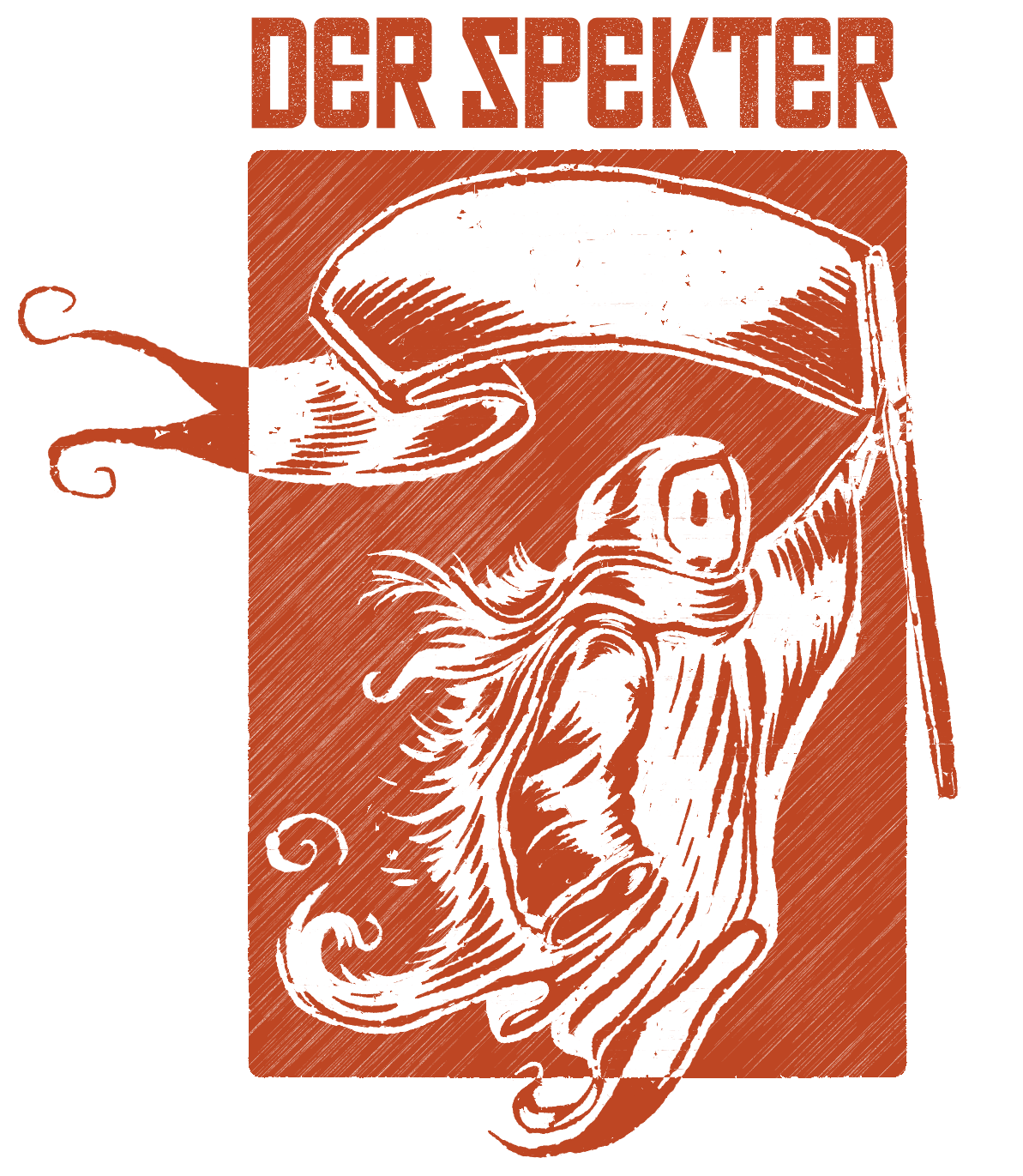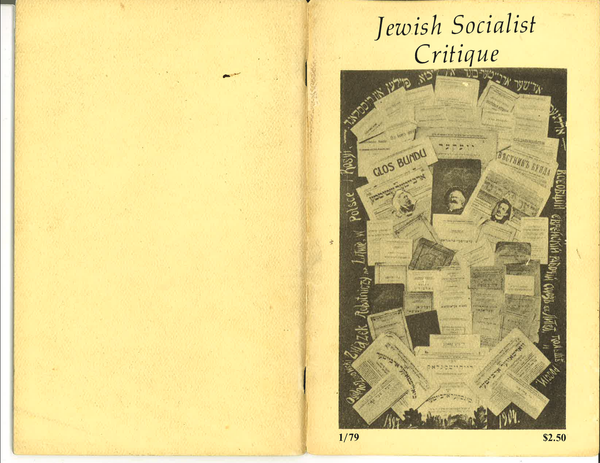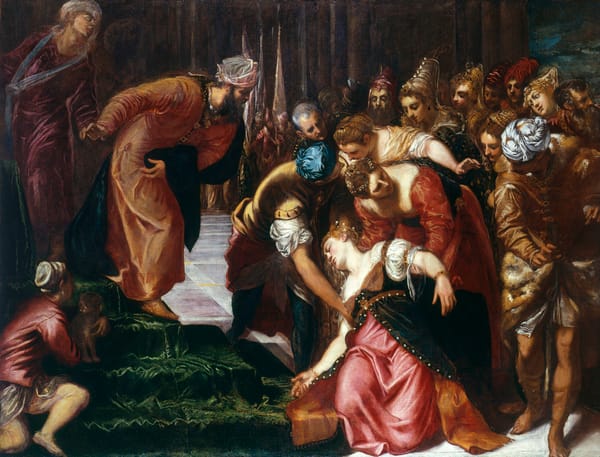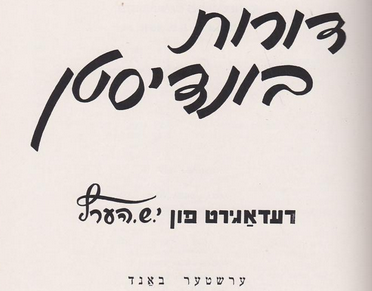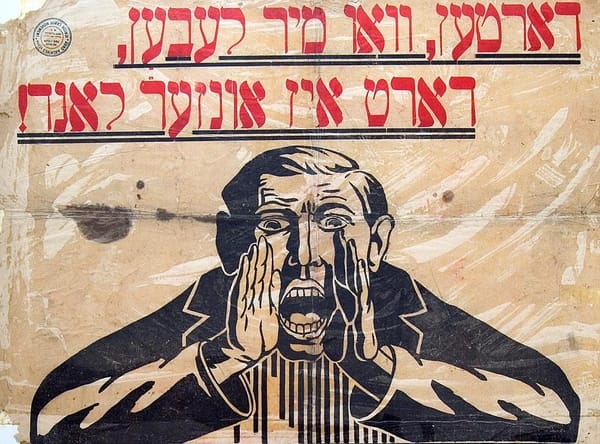Di Shvue/The Oath: A Bilingual Version of the Bundist Anthem
A Yiddish-to-English translation, and new musical rendition, of the classic Bundist anthem Di Shvue (The Oath).
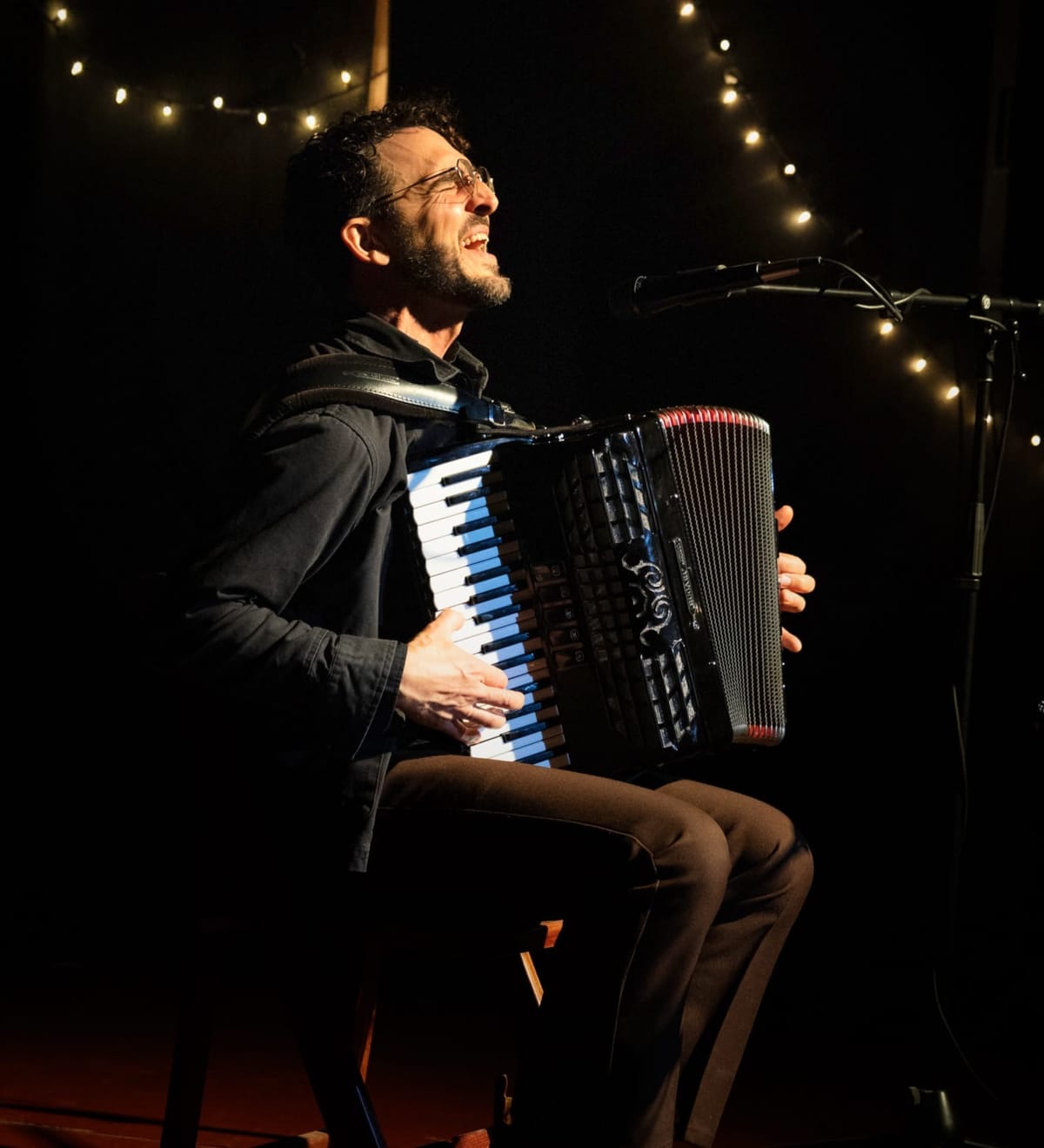
The author, playwright, folklorist, polemicist, and cultural and political activist S. Ansky wrote “Di Shvue” in 1902. It became the anthem of the Bund shortly thereafter and since then has been a cultural snowball, growing in its psychic weight and momentum with each singing and each generation.
That is in part because in addition to his poetic skills, Ansky tapped his deep knowledge of Eastern European Jewish folk ritual and theatre to create a song that transcends performance genres into ceremony itself: it’s a musical setting of an oath (שבֿועה shvue in Yiddish) which by singing, the singers make and renew each time the song is invoked – which, given the deep reverence for the power of language and for oaths in particular in Yiddish culture, is significant. It has been sung at official and unofficial meetings of Bundists for over a century, each time transporting the singers back into an identity of resistance that transcends generation, time, and place.
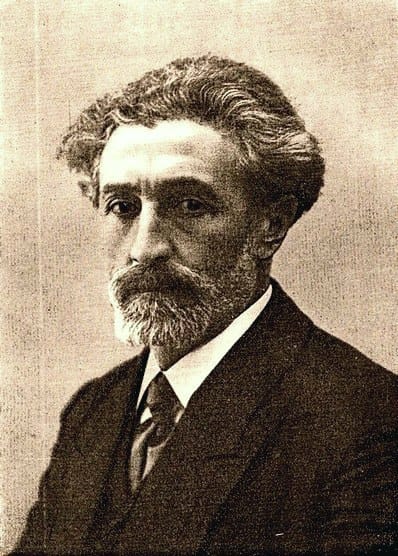
I worked on this adaptation for an early pandemic virtual presentation given by Josh Parshall, a historian of Southern American Jewish culture and resistance movements, which I grew up with in Columbia, Missouri. I wanted to honor the living legacy of the Bund in the Southern U.S., an area with even less secular Yiddish language transmission than the coastal urban centers, with a performance that would keep language barriers from obstructing the dynamic participatory experience that this song invokes. In addition to the rhyme scheme and as much as the content as possible, I wanted the English to reflect the way the scope of the ritual has grown since Ansky wrote the original words. Ansky’s original lyrics prophetically describe the family of singers of the Oath, convened in the first lines (Brider un shvester fun arbet un neyt) as tsezeyt un tsehpreyt, scattered like seeds to sprout into resistance, using a word that indicated that they were scattered geographically, but over time could be taken to mean ‘chronologically' scattered, including our generation and those to come, as much as Ansky’s own.
The Bund always promoted the use of the Yiddish language (which is partly why this song has so rarely been translated and sung in English), so we have been singing this when possible as a bilingual adaptation, the English verses alongside the Yiddish original. The first three stanzas are the most stable, and there were many verses that different communities sang in addition to those – the final Yiddish stanza here is one of many variants and options. My intention is for this translation to be an open-source document which different communities may use and improve upon as they see fit, drawing on different aspects of the original.
*A note on transliteration of Yiddish:
This transliteration reflects Ansky’s Northern Yiddish (Litvish) dialect, a pronunciation necessary to preserve the rhyme scheme: neyt instead of noyt for נויט, reyt instead of royt for רויט). This song has been sung in every Yiddish dialect and pronounced however is comfortable for the singers, so feel free to pronounce in a way that is natural for you if you have other experience with Yiddish.
Di Shvue/The Oath
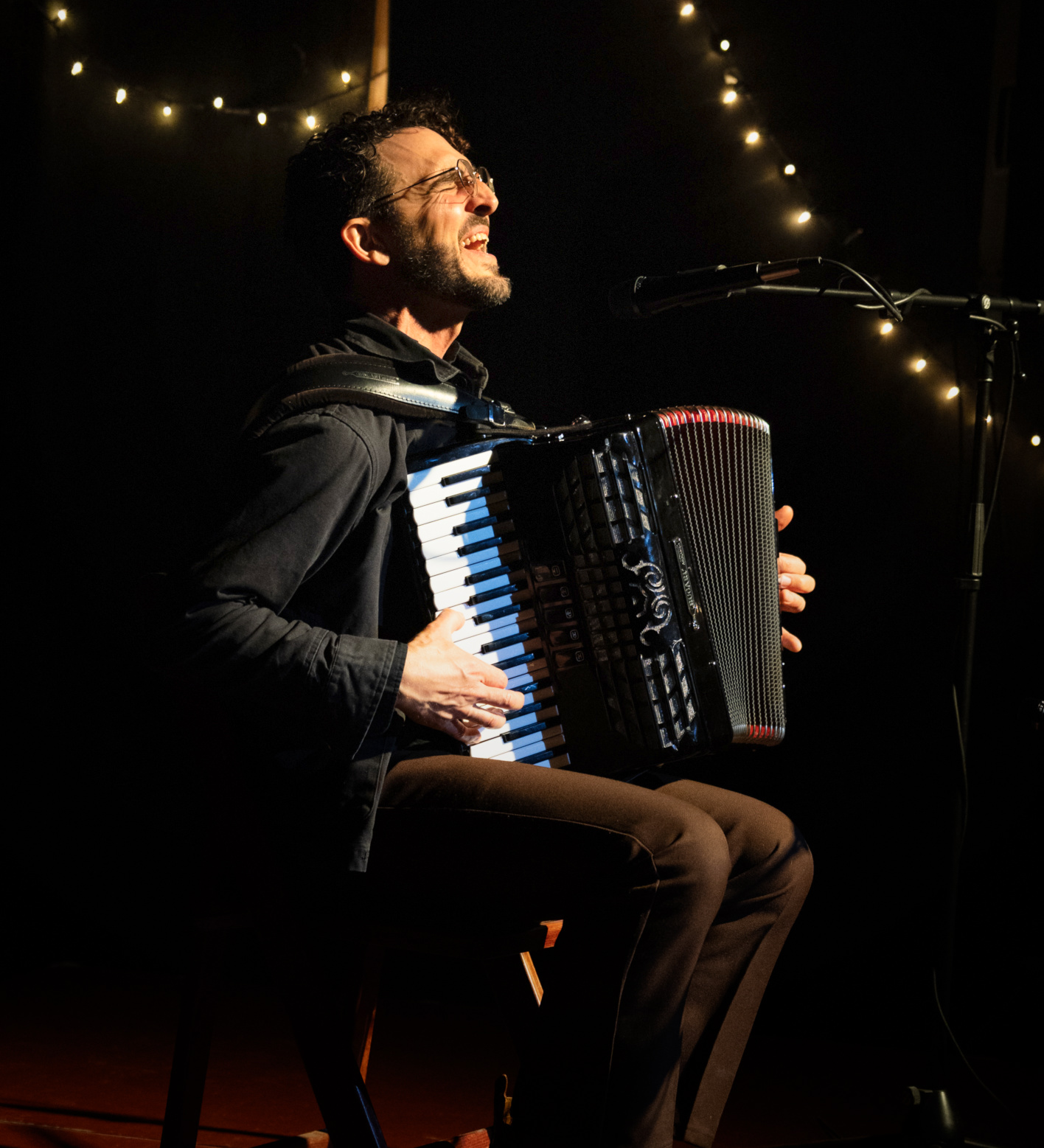
ברידער און שװעסטער פֿון אַרבעט און נויט
Brider un shvester fun arbet un neyt
Brothers and sisters of work and need
אַלע װאָס זײַנען צעזײט און צעשפּרייט
Ale vos zaynen tsezeyt un tseshpreyt,
All that are scattered and spread-out
צוזאַמען צוזאַמען, די פֿאָן איז גרײט
Tsuzamen, tsuzamen, di fon iz greyt,
Together, together, the flag is ready
זי פֿלאַטערט פֿון צאָרן, פֿון בלוט איז זי רױט
Zi flatert fun tsorn, fun blut iz zi reyt
It trembles/waves with rage, from blood is it red
אַ שבֿועה, אַ שבֿועה אױף לעבן און טויט
A shvue, a shvue, af lebn un teyt
An oath, an oath, of life and of death
הימל און ערד װעט אונדז אױסהערן
Himl un erd vet undz oyshern
Heaven and earth will hear our testimony
עדות װעט זײַן די ליכטיקע שטערן
Eydes vet zayn di likhtike shtern
Witnesses will be the bright stars
אַ שבֿועה פֿון בלוט און אַ שבֿועה פֿון טרערן
A shvue fun blut un a shvue fun trern,
An oath of blood and an oath of tears
מיר שװערן, מיר שװערן, מיר שװערן
Mir shvern, mir shvern, mir shvern
We swear, we swear, we swear
Brothers and sisters to a common struggle sworn
The countless before us and yet to be born
Together, together, we’ll stand the flood
The promise we’ve inherited that pounds in our blood
We swear again, we swear again, we swear again
The stars in the ancient sky, the Earth slowly turning
Bore witness to its birth, when hope, grief, and yearning
In flames forged a promise that has never stopped burning
We swear again, we swear again, we swear again:
That we’ll recall the path that our ancestors paved
Dismantling the systems that keep up enslaved
Together, together in every age
We’ll lift again the tear-stained flag of love and of rage
We swear again, we swear again, we swear again.
מיר שװערן צו פֿירן דעם הײליקן שטרײַט
Mir shvern tsu firn dem heylikn shtrayt
We swear to carry out this sacred struggle
ביז װאַנען די װעלט װעט ניט װערן באַפֿרײַט
Biz vanen di velt vet nit vern bafrayt
Until the world is liberated
צוזאַמען צוזאַמען, די פֿאָן איז גרײט
Tsuzamen, tsuzamen, di fon iz greyt,
Together, together, the flag is ready
זי פֿלאַטערט פֿון צאָרן, פֿון בלוט איז זי רױט
Zi flatert fun tsorn, fun blut iz zi reyt
It trembles with rage, from blood is it red
אַ שבֿועה, אַ שבֿועה אױף לעבן און טויט
A shvue, a shvue, af lebn un teyt
An oath, an oath, of life and of death
